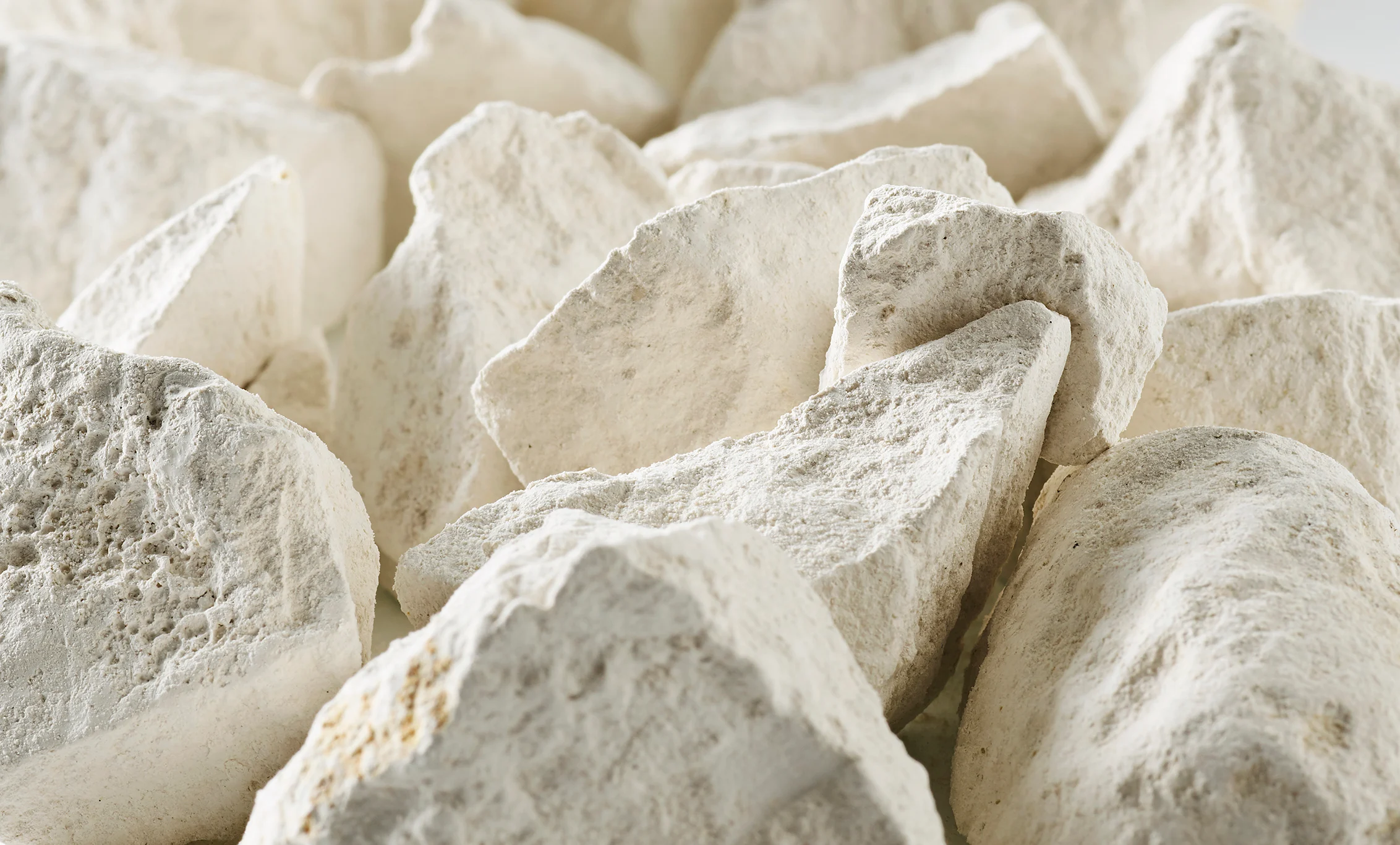Regulatory News | Feb 02. 2022 - 3:21PM
Time is nearly up for pet food manufacturers using titanium dioxide (E171)
EFSA’s experts no longer consider titanium dioxide safe when used as a food additive
Our expert
Rikke Sakstrup Frandsen
Industry Business Manager: Plant Based
There has been a lot in the news recently about the European Food Safety Authority’s decision to classify titanium dioxide (E171) as no longer being considered safe as a food additive. Their focus however hasn’t just been on the use of titanium dioxide (E171) in food for humans, they have also focused on its use in food for our furry friends.
To this extent, they have also published a regulation removing E171 from animal feed which means that pet food manufacturers need to act quickly to ensure they comply with this.
The regulation, which was signed on the 25th November 2021 by European Commission president Ursula von der Leyen, in Brussels, Belgium, effectively bans the use of E171 as an additive in animal nutrition. As part of the ruling and subsequent regulation existing stocks of the additive need to be removed from the market by 20th March 2022. Feed materials that been produced with titanium dioxide must be taken off the market by 20th June 2022. The entire regulation can be found here.
Remind me again – what is Titanium dioxide?
According to Food Additives website, titanium dioxide is: “the naturally occurring oxide of titanium (TiO2) which generally comes from rutile & anatase. It is the most widely used white food coloring, and also finds application in cosmetics, paints, and coatings for its brightness, opaqueness and high refractive index (ability to scatter light)” Traditionally when used in food it has the European food additive number E171, and whilst its use in food has long been considered safe, as well as vegan, halal, kosher, and gluten-free, this is no longer the case. After conducting a review of all the relevant available scientific evidence, the European Food Safety Authority or EFSA concluded that a concern for genotoxicity of TiO2 particles cannot be ruled out. Based on this concern, EFSA’s experts no longer consider titanium dioxide safe when used as a food additive. Genotoxicity refers to the ability of a chemical substance to damage DNA, the genetic material of cells. As genotoxicity may lead to carcinogenic effects, it is essential to assess the potential genotoxic effect of a substance to conclude on its safety.
What alternatives are there?
Oterra has a range of natural white colors, as well as food and feed ingredients with opacifying properties for both humans and pets. Try our CapColors® White and FruitMax® White for food applications, and CapColors® Pet White for pet food. To know more about how we can help you find the safe alternative to TiO2, please get in touch.
